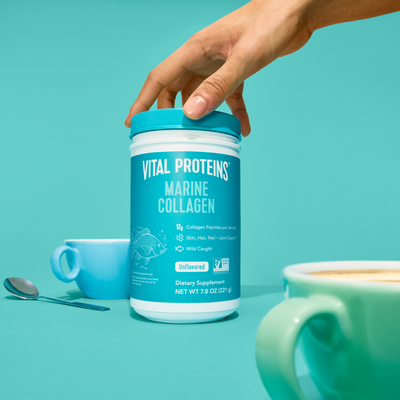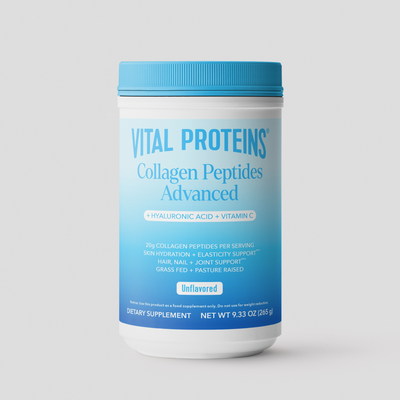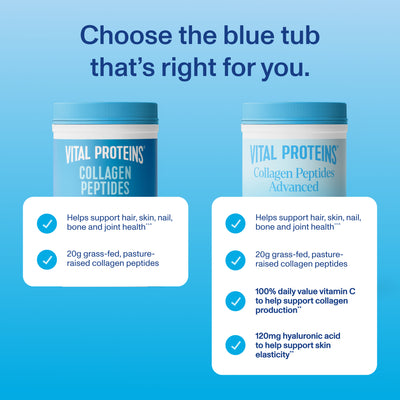By: Jessica Mehraban
Jessica Mehraban is a registered nutritional health coach and wellness influencer known as Healthy Life by Jess (follow her on Instagram here!) based in Los Angeles. She believes health is an integrated process and is passionate about helping people reach their optimal health for the mind, body, and soul. Here, she delves into what cravings really mean.
You are a miracle. Your body maintains a temperature of 98°F, your heart never misses a beat, and your lungs never miss a breath. Notice that your body constantly adjusts to your environment to help keep you balanced and alive. Believe it or not, your body’s desire to keep you balanced and alive reflects the reason for your cravings. Cravings are often viewed in a negative light, but the truth is cravings are important messages from your body to guide you into maintaining balance.
When you experience a craving, decode it. Ask yourself, “What is my body trying to tell me?”
What Your Cravings Really Mean
Deficiency of Nutrients
When the body is craving a specific food, it could potentially mean it is craving the nutrients that are in that food. This is our body's way of telling us what nutrients we need to maintain balance and stay alive. Craving chocolate could mean you are deficient in magnesium. A way to combat this craving is eating more magnesium-rich foods like almonds, flax seeds, chickpeas, and dark leafy greens. Craving soda could mean you are deficient in calcium. Try switching out soda for healthy caffeine alternatives like Vital Proteins Matcha Collagen or plant-based organic teas. Craving oily rich foods like French fries could mean you are deficient in healthy fats. Again, you can combat this by adding in healthy fats like avocado, walnuts, and olive oil to your diet. I highly suggest getting a blood test to check out your vitamin levels! This could be the key to conquering your cravings.
RELATED: How Much Water Should You Drink?
Stressful Lifestyle
Food is often used as a form of escape when you're under stress. We often try to cope with uncomfortable emotions or lack of passion in our careers by seeking relief through food. When we start to engage in actions that bring us joy, there is a great shift to a stress-free energy. Start to take action with simple steps to help release endorphins (the feel-good hormone) such as spending quality time with loved ones, engaging in your favorite exercise, or simplifying your to-do list because often less is more. Remember, quantity influences quality and sometimes we compromise our happiness by trying to do too much. Notice how your cravings will diminish once you stop seeking balance through food and commit to a change in lifestyle.

Lack of Water
Our body is made up of 75% water. The first thing I do in the morning is drink a glass of water to rehydrate my body. Drinking a glass of water before a meal could also help reduce cravings. Hydration is critical in maintaining your electrolyte balance and providing your heart with adequate oxygenated blood. When hydration levels start to fall below what's “healthy” you may start to crave salty foods. This is your body’s way of encouraging you to drink more fluids. If drinking water sounds bland you can try other hydrating replacements like celery juice, lemon water, coconut water, or a collagen drink like Vital Proteins Collagen Water (available in Blackberry Hibiscus, Original, Lemon Ginger, Strawberry Lemon, and Blueberry Mint flavors).
When you dig deeper into the meaning of your cravings, you will solve the root of the problem. Start to take notice of what you are craving and take a blood test to see if you are deficient in any essential vitamins. Cravings often link to habit. Try to create a change by breaking a habit that is leading to your craving so that your brain does not sense the urge for that craving.

















